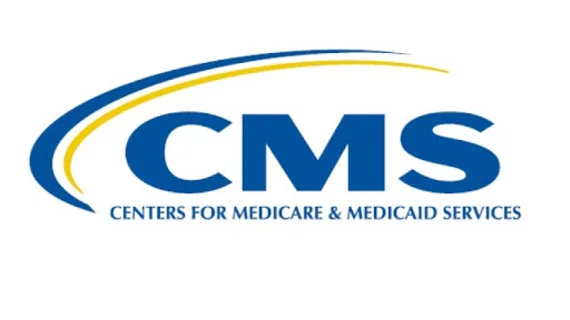CMS rejects Iowa’s plan to direct more Medicaid funds to private nursing homes
Iowa’s “supplemental payment plan” for nursing homes was rejected by CMS over the legality of county hospitals assuming the licenses of for-profit nursing homes in order to qualify for an estimated $1 billion in additional Medicaid payments.
According to the Des Moines Register, this is third attempt Iowa has attempted to gain approval for a version of this plan. It was first formalized in 2016 when state lawmakers passed the change into law—with the legislation being written entirely by lobbyists for the nursing home industry.
After giving the privately-owned, for-profit nursing homes the appearance of a hospital affiliation, the facilities would then kick back a share of the additional Medicaid payments to the state. CMS would therefore spending an additional $200 million annually matching a state Medicaid investment that doesn’t exist.
Even though this version of the proposal restricted the new funding for quality of care improvements, CMS said it still violated federal standards on how states can finance their share of Medicaid funds.
Read more at the link below:

